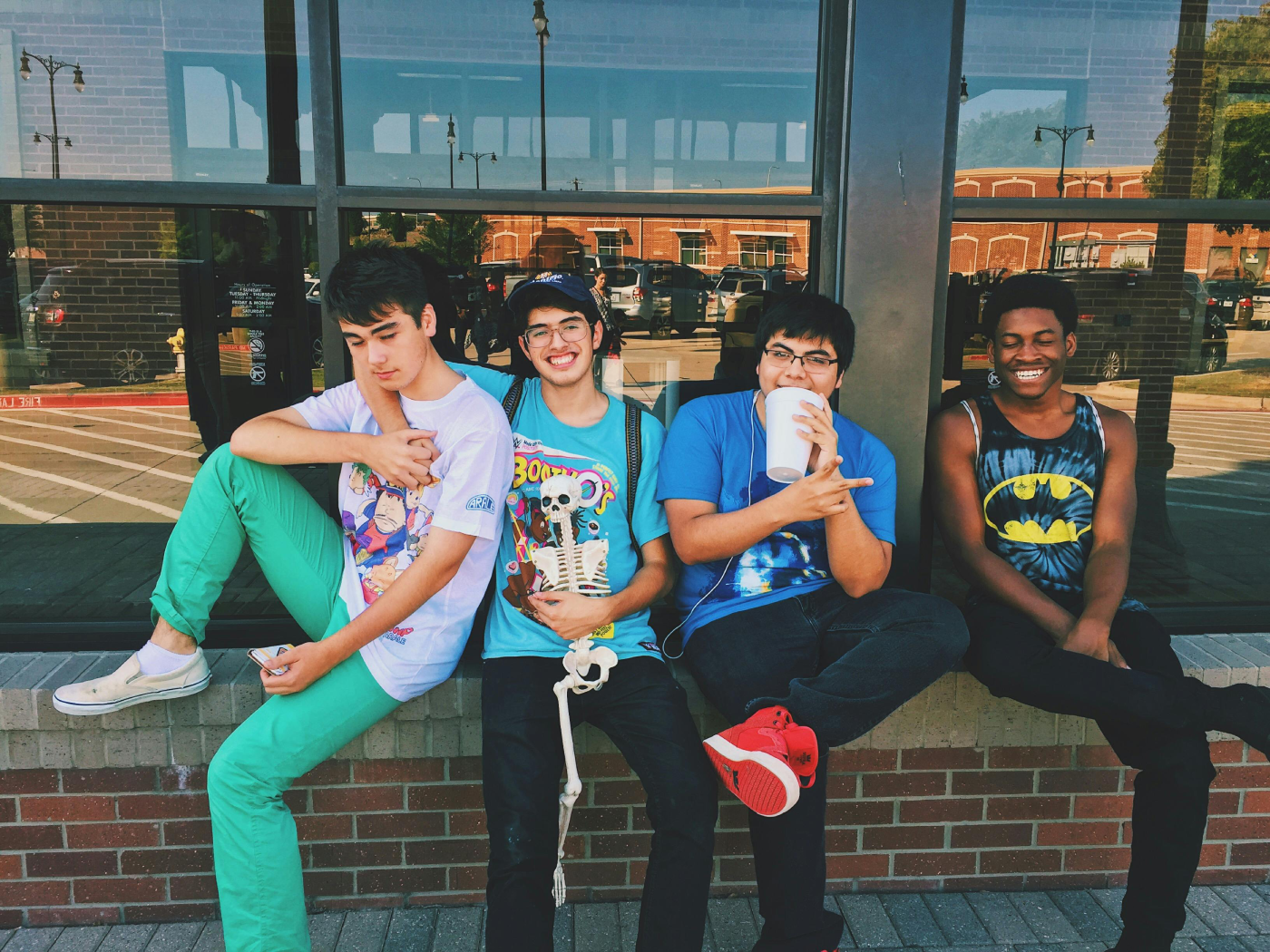The younger a person is when he or she first uses a potentially addictive substance, the more likely the person is to become addicted to that substance and develop a substance use disorder. Substance use is especially dangerous to teens and young adults because the prefrontal cortex, which is the part of the brain that is responsible for decision making, continues to develop into a person’s mid-twenties. Drug use and misuse can both contribute to a substance use disorder.
Drug use is the use of any illegal substances such as heroin, anabolic steroids, cocaine, club drugs, inhalants, marijuana, and methylamine. Drug misuse, on the other hand, is the misuse of legal prescription or over-the-counter drugs. This may include taking medications that were prescribed to someone else, taking a larger dose of a medication than was prescribed, taking medications for a different purpose than the intended reason it was prescribed, or taking medications in a different way than was prescribed such as snorting or injecting a tablet that was meant to be swallowed.
Risks and Warning Signs
Teens and young adults are at more of a risk for drug and alcohol misuse because they may feel the need to fit in, experiment, feel pleasure, or escape unwanted emotions or feelings most likely caused by other social or mental health issues. Teens and young adults between ages 18-25 are often experiencing complete independence for the first time, whether that’s by going away to college or moving out of their parent’s house. Teens and young adults are still figuring how to make decisions and take responsibility for themselves which also makes them susceptible to developing a substance use disorder.
A young adult or teen may be at a greater risk to use drugs or alcohol use if they are exposed to a parent using drugs or alcohol, have a lack of parental supervision, live in a stressful environment, have a stressful experience in early childhood that may involve trauma, have a history of alcoholism in their family, or have friends or peers who are using substances. Signs that a person might be suffering from substance use disorder may include, lack of taking care of themselves, losing interest in hobbies or activities, lying and stealing, spending an unusual amount of time alone, change in eating habits, memory lapse, poor concentration, and a change in friends or difficulty with relationships.
Trending Drugs and Addictive Habits
Research proves that young adults and teens are prone to alcohol and drug use. In a 2012 study among 35.6 million adults ages 18 to 25, a third admitted to binge drinking in the past month and a fifth admitted to using illicit drugs. It is during this age that people are impressionable, looking to try new things, and have limited to no adult supervision. The most popular substances among teens and young adults include alcohol, illicit drugs, marijuana, and prescription medications.
Young adults and teens often don’t believe that marijuana is a harmful substance. However, according to The Centers for Disease Control and Prevention (CDC), one in ten marijuana users become addicted to the substance and that number jumps to one in six if the user started before he or she turned 18. Vaping is also popular among teens and young adults. Most commonly people vape tobacco or marijuana. Researchers still don’t know the full effects that vaping has on the body which makes it especially dangerous. Some people have fallen unexpectedly ill or even died from vaping.
Young adults and teens are most likely to have co-occurring disorders of substance abuse and other mental health disorders. According to The Substance Abuse and Mental Health Services Administration (SAMHSA), in 2018, among the 5.1 million teens and young adults who reported that they had mental health problems, 2 in 5 went untreated. When a person does not receive proper mental health treatment he or she may resort to drugs or alcohol in order to relieve his or her symptoms.
Seeking Treatment
There are both inpatient and outpatient facilities for both young adults and teens with substance use disorders. It may be helpful to find support groups that target a similar age group as the person with substance use disorder so that this person can have support from his or her peers. There are also programs that cater to people who may be at risk of developing a substance use disorder. Finding the right treatment facility, mental health professionals, and support groups can help teens and young adults form healthier habits and find a supportive community that will help them succeed on their journey to sobriety.
At Shoreline Recovery Center, we specialize in treating co-occurring disorders in young adults, offering both inpatient and outpatient treatments. We understand the importance of treating co-occurring disorders of mental illness and substance use simultaneously because they are often intertwined and greatly affect one another. The professionals at Shoreline Recovery Center believe in building unique treatment plans with their patients so that their treatment always reflects their specific needs and goals.
Shoreline believes in building a community for its patients and offers many social activities for young adults to connect with one another and build their support system. We offer a place where young adults can discover more about their relationship with substances and learn healthy coping mechanisms to help them live a sober life. No one should have to go through recovery alone and Shoreline can help. If you have any questions, please call (866) 278-8495 for more information about our programs.







